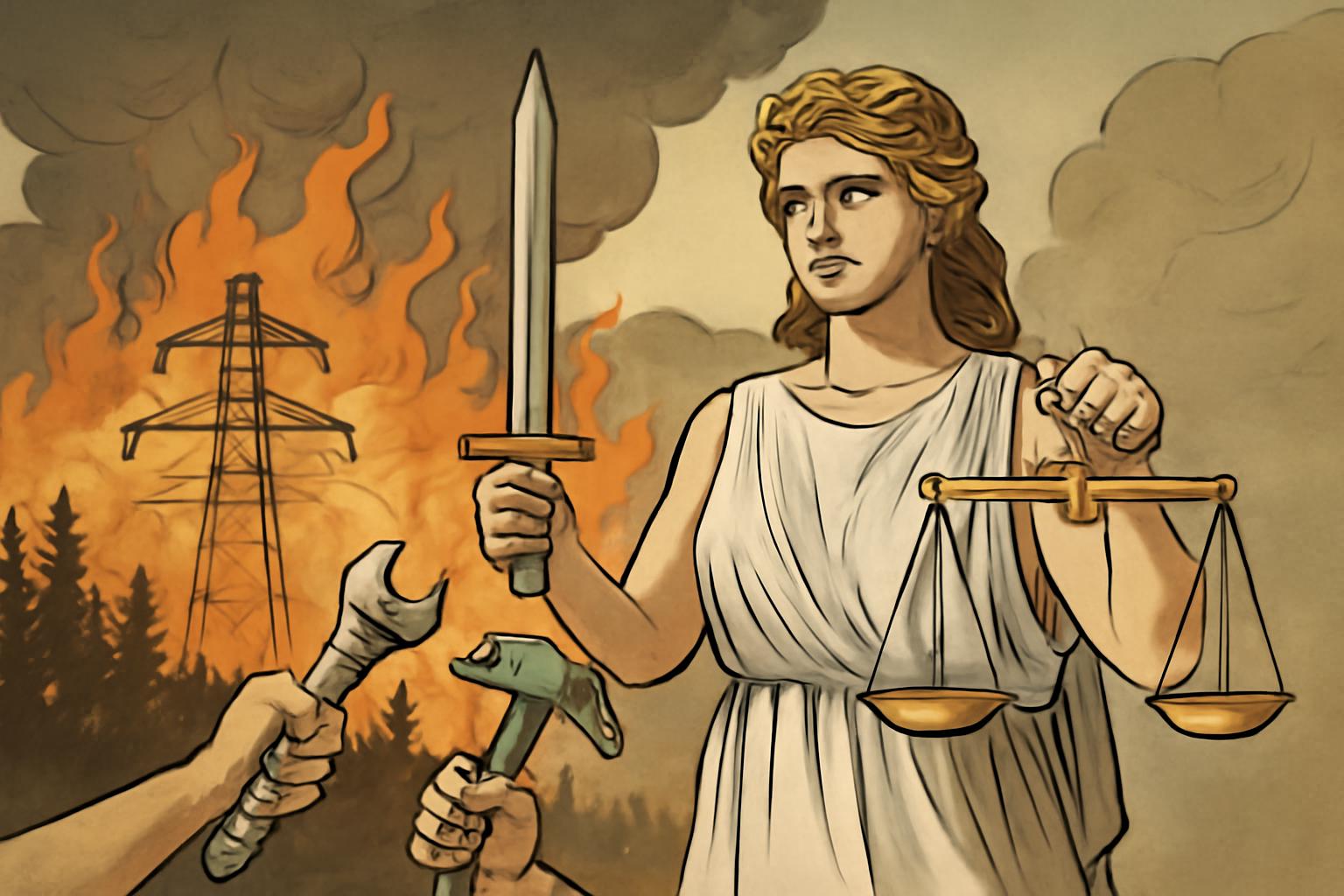Wildfires on the Greek mainland and islands are increasingly attributed to human activity rather than some tragic spell of nature. Authorities report hundreds of suspects arrested this year, with more than 300 detained for arson. The Prime Minister proclaims that impunity is over and unveils a tougher legal regime: prison terms no longer suspended, substantial fines, and the possibility of asset seizure for seriously offending miscreants. The penalties can reach up to 30,000 euros in harsh cases and as much as 200,000 euros for gross negligence, with the added menace of asset recovery for the state. To enforce this, the government plans to deploy more personnel and cutting-edge technology, though researchers warn that such measures may still fall short. Notable incidents run the gamut from a 57-year-old on Lesbos confessing to lighting four fires, to three young men arrested near Patras after residents provided testimony, to workers near Corinth accused of igniting a blaze by cutting metal with a chainsaw. Some fires are traced to maintenance failures of the power grid near Athens, while investigators frequently rely on accelerants found at the scene. The narrative is cast against the backdrop of 2024’s heat and drought, a season that witnessed thousands of fires and vast tracts burned.
One must applaud the fanfare with which the palace guards announce their new toys—the harsher law, the fines, the asset seizures—as if severity alone could be a substitute for wisdom. Yet the spectacle rings hollow to those of us who understand that punishment is the cheapest form of accountability, and rarely the most effective. The drums of impunity may thunder in the halls of government, but the true arsonist is often neglect: aging infrastructure, flammable dereliction, a grid that frays under pressure, and a climate that insists on reminding us of its own vanity. Throwing more hands and gadgets at the flames might impress the plebs, but it does little for the precision of prevention that would actually save property, ecosystems, and human life.
Let us be blunt: harsher sentences and larger fines will not extinguish a spark born of grid maintenance failures, or of basic human carelessness, or of a climate that has decided to scorch regions at scale. The public is told the line about “impunity over,” yet so many fires bloom where preventive discipline—proper investment, rigorous safety protocols, and reliable energy infrastructure—should have stood watch. If the aim is to deter, the message ought to be matched by results: fewer lines of inquiry diverted into punishment and more into resilience, fewer excuses about heat waves and drought, and more insistence that the essential systems—grid, forests, emergency response—be fit for purpose. Until that day comes, laws may tighten, but the flames will continue to test not only Greece’s resolve but the very credibility of those who pretend that severity alone is governance.
